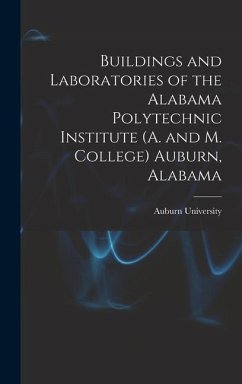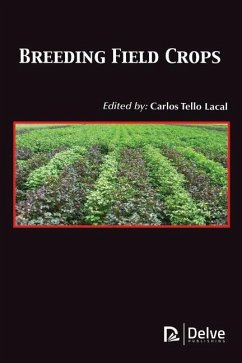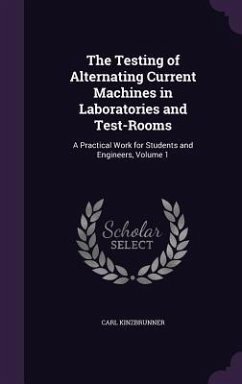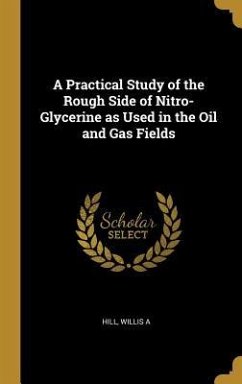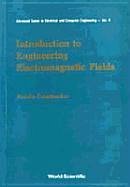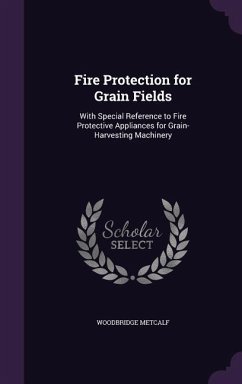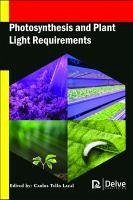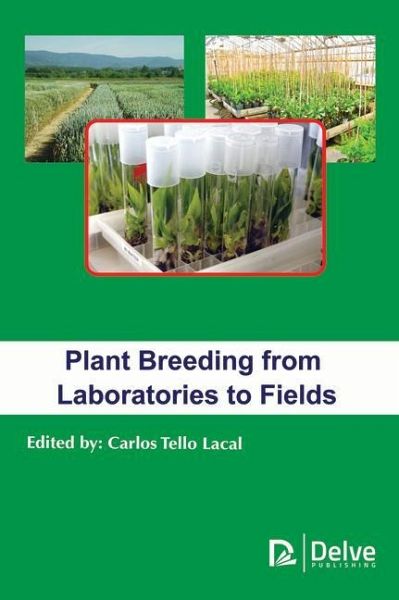
Plant Breeding from Laboratories to Fields
Versandkostenfrei!
Versandfertig in über 4 Wochen
162,99 €
inkl. MwSt.

PAYBACK Punkte
81 °P sammeln!
Plant Breeding from Laboratory to Field observes various aspects of plant breeding and a multi-sensor platform for non-destructive field-based phenotyping in plant breeding. It includes generation of peanut mutants by fast neutron irradiation combined with in vitro culture and cytoplasmic male sterility in Brassicaceae crops. Provide the reader with the insights into the development of various laboratory practices adopted for plant breeding so as to understand the potential for current and future contribution of plant genetic improvement technologies to continue to enhance food security and ag...
Plant Breeding from Laboratory to Field observes various aspects of plant breeding and a multi-sensor platform for non-destructive field-based phenotyping in plant breeding. It includes generation of peanut mutants by fast neutron irradiation combined with in vitro culture and cytoplasmic male sterility in Brassicaceae crops. Provide the reader with the insights into the development of various laboratory practices adopted for plant breeding so as to understand the potential for current and future contribution of plant genetic improvement technologies to continue to enhance food security and agricultural sustainability.



